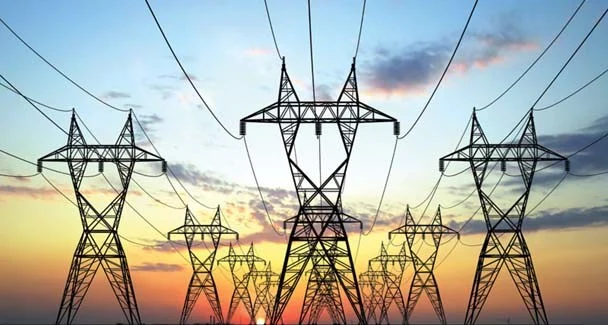The Transmission Company of Nigeria has said that the Federal Government has put in place a new technology as a stop-gap measure to fix the problems with Nigeria’s power grid.
Officials from the company said that the government used TCN to set up the technology, which includes the Internet of Things and the Virtual Private Network, to keep an eye on how the grid works in real-time and help prevent a power system meltdown.
According to The PUNCH, It was also said that the facility would help manage the power grid at the National Control Centre in Osogbo, Osun State, by making the national grid run better in real-time until a long-term network automation system could be put in place.
This year, Nigeria’s power grid has gone down several times, leaving many parts of the country without electricity.
Punch Metro reports that the power generation on the grid crashed on July 20, 2022, the sixth time in 2022, dropping the power generation from over 3,900 megawatts to 3MW.
The grid had also collapsed on June 13, as well as, twice in March and April of this year, respectively.
Power generation on the grid has continued to fluctuate due to various concerns such as gas constraints, water management challenges, and gas pipeline vandalism, among others.
But the TCN stated on Wednesday that with its new technology the power grid would receive improved monitoring, as this would help in its management going forward.
“The deployment of the smart grid system is in the advanced stage of the procurement process for a robust deployment of a full-scale state-of-the-art Supervisory Control and Data Acquisition/Energy Management System,” the General Manager, Public Affairs, Ndidi Mbah, stated.
TCN operates the national electricity grid with over 20,000km of 330 and 132 kilovolts transmission lines, which are said to be among the few largest transmission networks in Africa.
At the moment, Nigeria’s transmission network consists of high voltage substations with a proven 7,300 megawatts of electricity wheeling capacity and still expanding.
This transmission system is being reformed by TCN as the Nigerian electricity market, which comprises the generation, transmission and distribution companies prepares for a competitive market stage away from the transitional stage it has been for over seven years.
This new stage will mean that all transactions are based on contracts with optimal customer service delivery.
And to test run this, the Nigerian Electricity Regulatory Commission pushed for the Service Level Agreement in 2021, which became binding on all operators to ensure improved service delivery to power users.
The Managing Director, TCN, Sule Abdulaziz, said the company had boosted the digitisation of grid operations, as the NCC’s control room was solely responsible for all activities related to grid network data acquisition, real-time grid operations and management for optimal service delivery.























